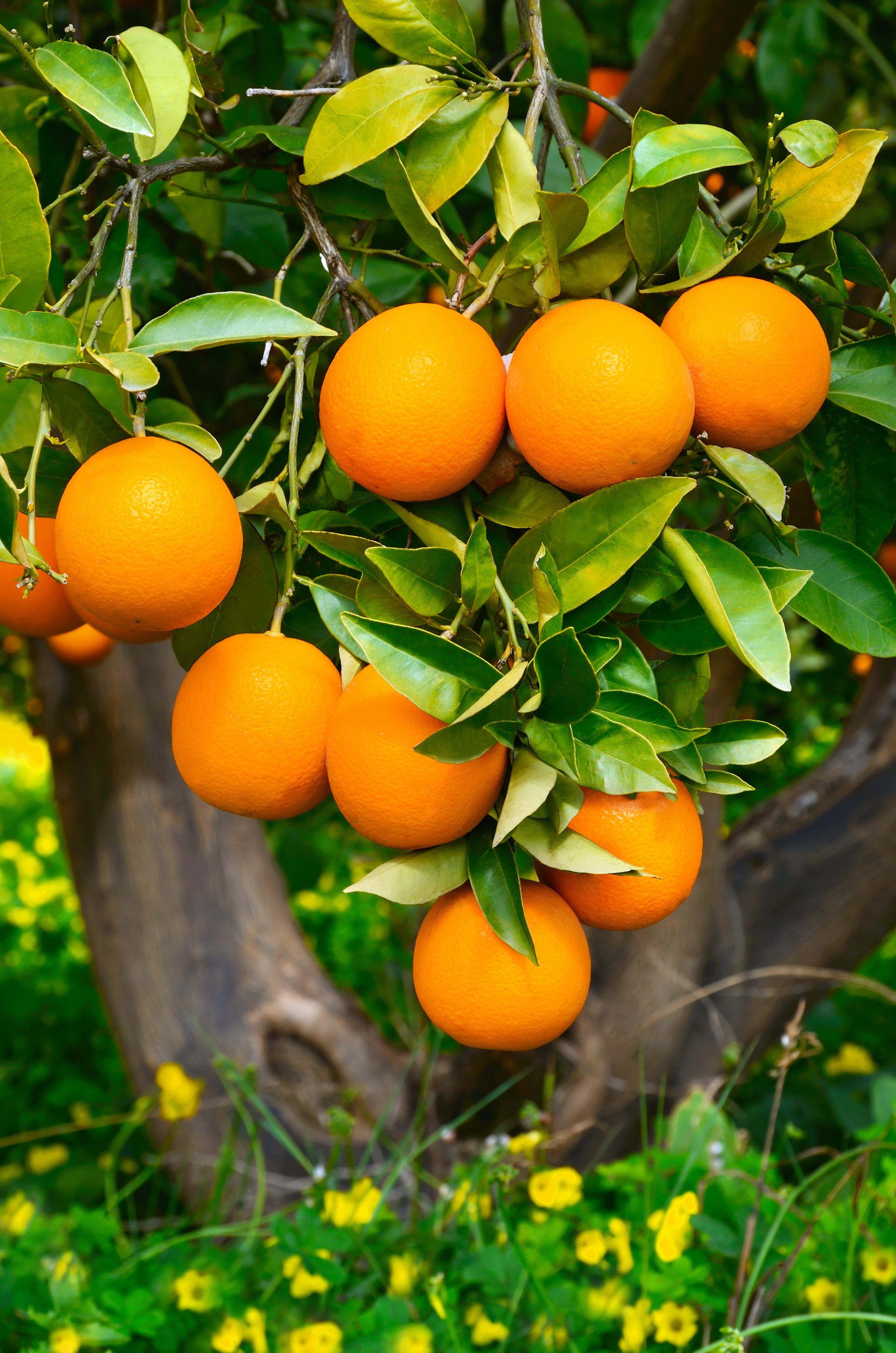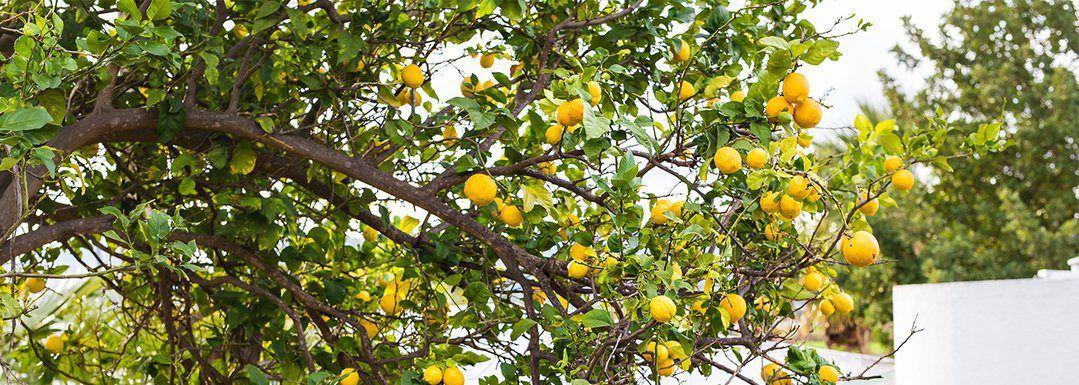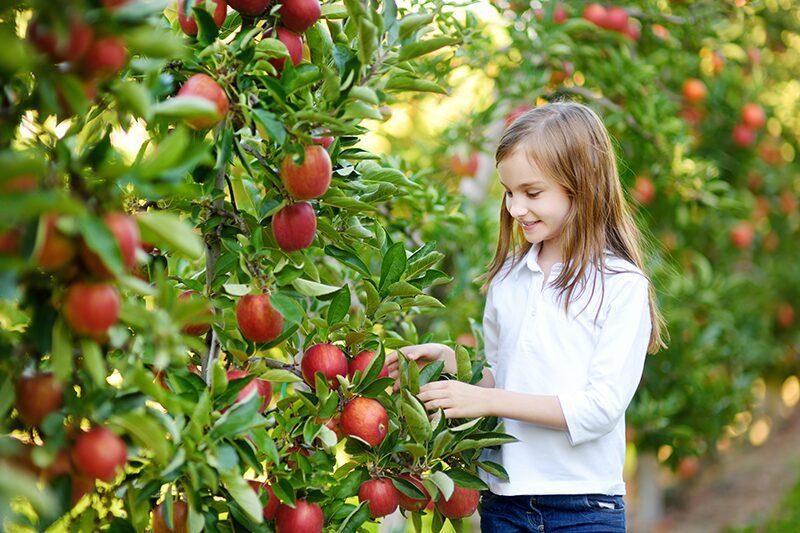Some of these are fine as indoor plants as well. Even if you don’t get much fruit, the fragrant flower’s scent and edible leaves make growing citrus worthwhile. I grow a kaffir lime tree and use the leaves in Thai cooking.
It all starts with selecting the right tree for your area and growing it properly.
SHOULD YOU GROW CITRUS TREES INDOORS OR OUTDOORS?
If you live in an area where the winter temperatures don’t dip into the 20Fs, then you can grow some citrus in the ground outdoors year-round. The hardiest types are kumquats and calamondin oranges. Limes are the most frost-sensitive. Outdoors in the ground, plant in a sunny location on well-drained, slightly acidic soil. Fertilize in spring and summer with a citrus fertilizer. You can also plant in containers and protect precious trees when the cold comes.
In cold winter climates grow citrus in pots. Keep them outdoors all summer and move them into a protected, warm spot in winter. Lemons, calamondin oranges, and limes all make great container plants because they stay a reasonable size.
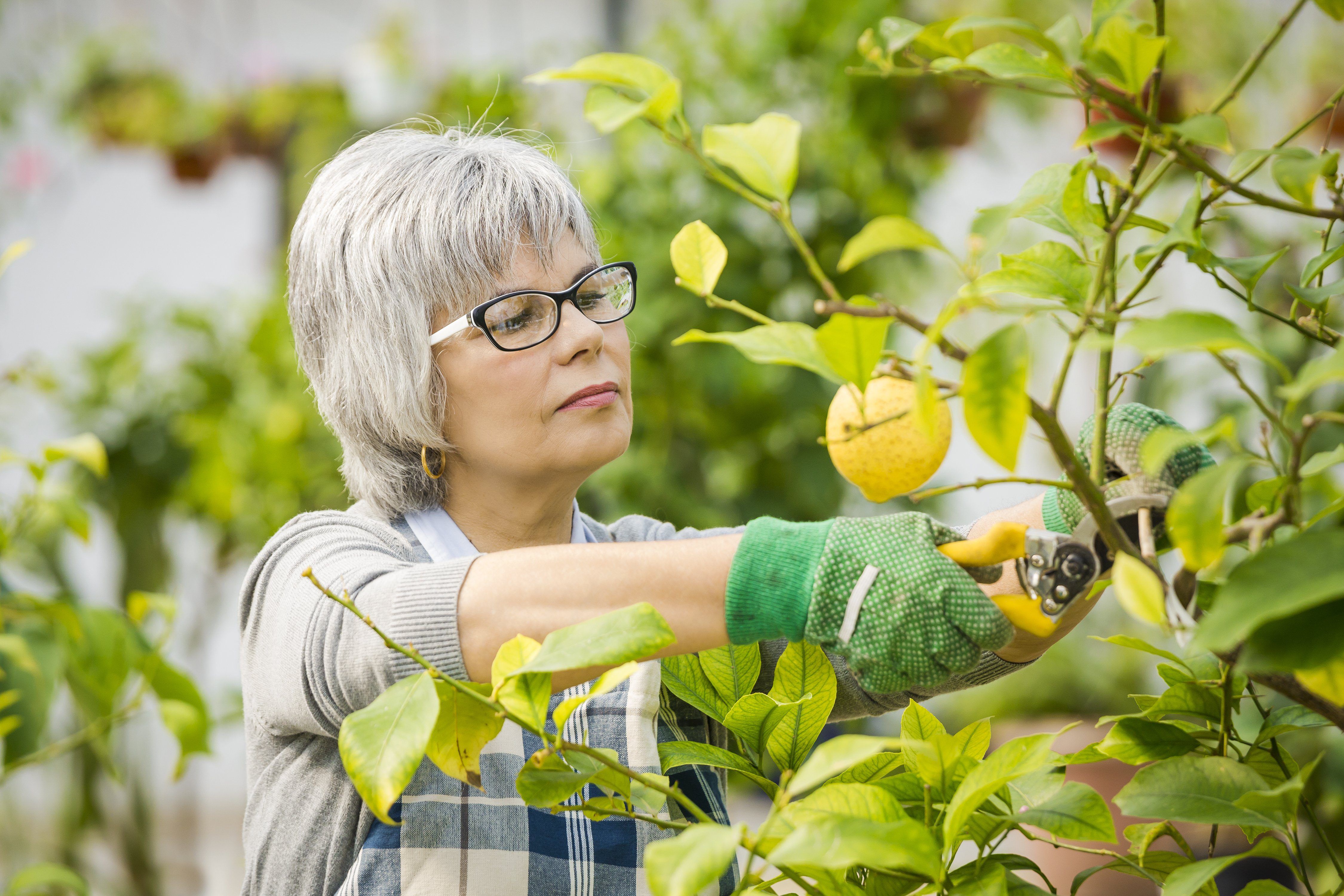
GROWING CITRUS IN CONTAINERS
To grow citrus in containers, select a plastic or polyurethane, a lightweight container with a number of drainage holes. These containers are easy to move around and keep the soil moist. If you’re moving pots in and outdoors with the seasons, buy a container with casters on the bottom for easy rolling.
Fill the pot with a soil-less potting mix meant for citrus that contains perlite and vermiculite. You can add some wood chips and coir for better water drainage. Plant your young citrus tree. If moving it outdoors in summer, stake it for support until it grows large. Use with VELCRO® Brand Garden Ties to attach to the tree trunk to the stake.
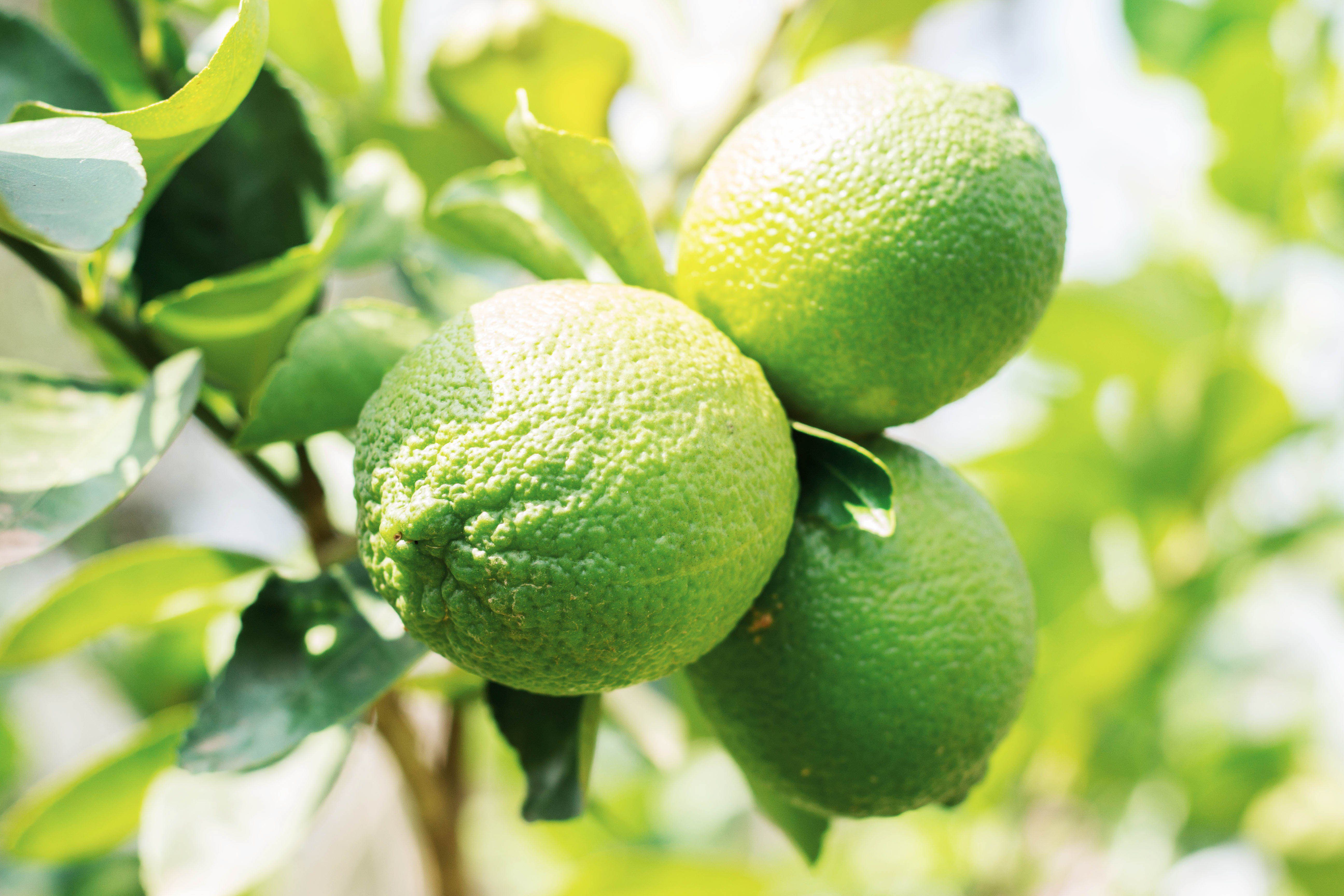
CARING FOR CITRUS TREES
Keep the soil evenly moist and on the drier side in winter. Fertilize with a citrus product in late winter through late summer. Citrus are evergreens, but only need a little nutrition in winter when they aren’t growing as strong.
Citrus, such as lemons, kumquats, and limes, will flower and fruit year-round without the help of bees. In fact, you’ll often have mature fruits and flowers on the tree at the same time. Outdoors, bees will help oranges and other citrus cross-pollinate
When bringing citrus indoors in autumn, watch out for insects on the leaves and spray with the appropriate pesticide. Once you have a system that works, you can be eating fresh limes, lemon, and oranges from your tree for years.
